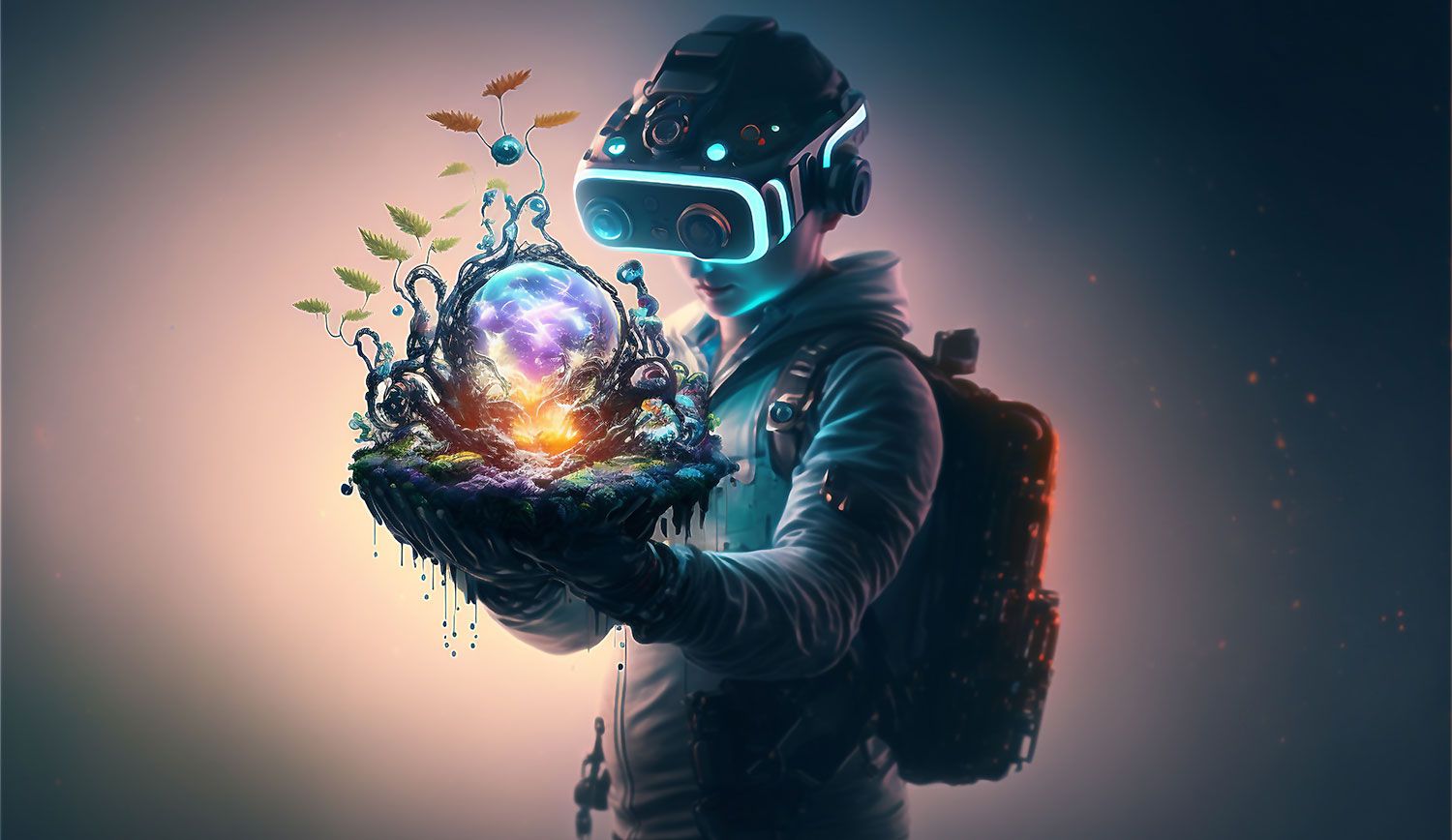Tech
Navigating the Uncharted: The Future of Innovation

In the ever-evolving landscape of technological advancements and societal transformations, the future of innovation promises a tapestry woven with unprecedented possibilities. As we stand on the cusp of a new era, marked by rapid developments in various fields, the trajectory of innovation holds the key to shaping the way we live, work, and interact. This article explores the multifaceted facets of the future of innovation and the profound impact it is poised to have on our world.
1. Emergence of Artificial Intelligence (AI):
The future of innovation is undeniably intertwined with the exponential growth of artificial intelligence (AI). As AI technologies mature, they are expected to permeate various aspects of our lives, bringing about radical changes in industries such as healthcare, finance, and education. Machine learning algorithms, natural language processing, and robotics are poised to usher in a new era of efficiency, personalization, and automation, fundamentally altering the way tasks are performed and problems are solved.
2. Advancements in Biotechnology and Healthcare:
Innovation in biotechnology holds the promise of transformative breakthroughs in healthcare. The future envisions personalized medicine tailored to individual genetic profiles, revolutionizing treatment strategies and enhancing patient outcomes. From gene editing technologies like CRISPR to advancements in regenerative medicine, the trajectory of biotechnological innovation is aimed at addressing complex medical challenges and extending the frontiers of human well-being.
3. Renewable Energy and Sustainable Technologies:
The future of innovation is inseparable from the imperative to address global challenges, particularly those related to environmental sustainability. Innovations in renewable energy technologies, energy storage, and sustainable practices are expected to play a pivotal role in mitigating climate change. From solar and wind power to breakthroughs in energy storage solutions, the future envisions a transition to cleaner, more sustainable energy sources.
4. Blockchain and Decentralized Technologies:
The advent of blockchain technology has already disrupted traditional industries, and its impact is poised to grow in the future. Blockchain’s decentralized and transparent nature holds the potential to transform sectors such as finance, supply chain, and governance. Decentralized finance (DeFi) platforms, smart contracts, and secure digital identities are some of the innovations set to redefine the way we transact and interact in the digital realm.
5. Augmented and Virtual Reality (AR/VR):
The future of innovation embraces the immersive experiences facilitated by augmented and virtual reality technologies. From enhancing training simulations in various industries to revolutionizing entertainment and gaming, AR and VR have the potential to redefine human interactions with digital environments. These technologies are poised to create new realms of engagement and connectivity, bridging the physical and virtual worlds.
6. 5G Connectivity and Internet of Things (IoT):
The proliferation of 5G connectivity is set to be a game-changer, unlocking new possibilities for innovation. The seamless and ultra-fast communication enabled by 5G networks will drive the expansion of the Internet of Things (IoT). From smart cities to connected devices in homes and industries, the integration of 5G and IoT is poised to create a hyper-connected ecosystem, revolutionizing the way data is transmitted, processed, and utilized.
7. Space Exploration and Commercialization:
Innovation extends beyond the confines of our planet, with an exciting future in space exploration and commercialization. Private companies are actively participating in space missions, and the prospect of space tourism is becoming a reality. Advancements in rocket technology, satellite deployment, and the utilization of resources in space hold the potential to open up new frontiers for humanity.
8. Collaborative and Open-Source Innovation:
The future of innovation emphasizes collaborative and open-source approaches. Crowdsourcing, collaborative platforms, and the sharing of knowledge across borders are expected to catalyze breakthroughs. Open innovation models encourage diverse perspectives, fostering a global network of innovators working together to address complex challenges.
9. Ethical and Inclusive Innovation:
As innovation accelerates, the ethical considerations surrounding its development and deployment become increasingly important. The future of innovation calls for a commitment to ethical practices, inclusivity, and responsible AI. Innovators are expected to prioritize the societal impact of their creations, ensuring that technological advancements benefit humanity as a whole.
10. Continuous Learning and Adaptability:
Innovation in the future is not a static destination but a dynamic journey. The ability to adapt, learn, and embrace a culture of continuous improvement will be crucial for individuals and organizations. Lifelong learning, agility, and the capacity to navigate change will be integral to thriving in an era where innovation evolves at an unprecedented pace.
In conclusion, the future of innovation holds immense promise and challenges, charting a course into uncharted territories. From the integration of advanced technologies to the imperative of sustainability and ethical considerations, the trajectory of innovation is a narrative of endless possibilities. As we embark on this journey, the key lies in fostering a collective mindset that embraces change, values inclusivity, and envisions a future where innovation serves as a force for positive transformation.
-

 US News2 months ago
US News2 months agoThe Evolution and Impact of SimCity Forums on the Gaming Community
-

 Fashion2 months ago
Fashion2 months agoCelebrity Style Spotlight: Iconic Slip Dress Moments of 2024
-

 Fashion4 months ago
Fashion4 months agoMercedes Blanche: A Guide to Her Impact on the Boys
-

 Business5 months ago
Business5 months agoUnderstanding Cloudiness in Urine: Causes, Symptoms, and Treatment
















